Peace of Mind: Mental Health and the Benefits of Meditation
Mental health and meditation are integral aspects of overall well-being, offering numerous benefits for emotional stability, stress reduction, and cognitive function. Incorporating meditation and mindfulness practices into daily life can enhance mental clarity, reduce anxiety, and improve overall quality of life. From mindfulness meditation to guided imagery, discover the diverse methods available to support your mental health journey.
1Zen Meditation
0 votes

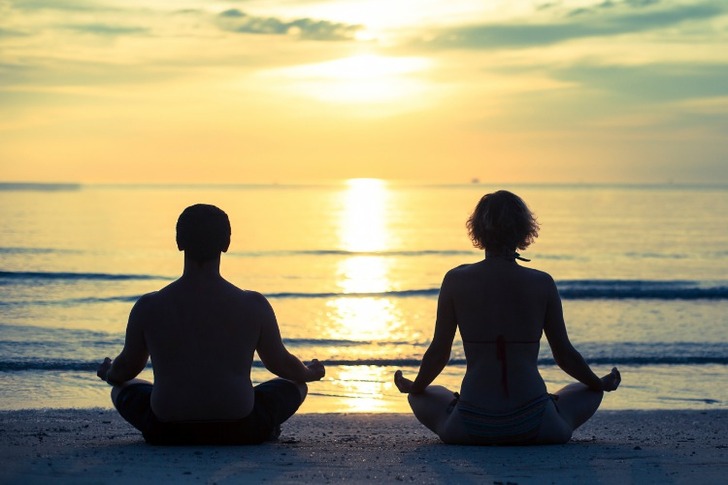
Zen meditation, also known as Zazen, is a traditional Buddhist practice that involves seated meditation and a focus on breathing. Practitioners sit in a specific posture, often on a cushion, and concentrate on the breath or a koan (a paradoxical question or statement used as a meditation object). The goal of Zen meditation is to develop insight into the nature of existence and achieve a state of inner peace and enlightenment. Regular practice of Zen meditation can reduce stress, improve concentration, and enhance emotional stability. It also promotes mindfulness, helping individuals become more present and aware in their daily lives. Zen meditation requires discipline and consistency, but the benefits can be profound, leading to greater self-awareness, clarity of mind, and a deeper sense of spiritual connection.
0
Do you agree? 0% of people agree with your point of view!
2Mindfulness Meditation
0 votes
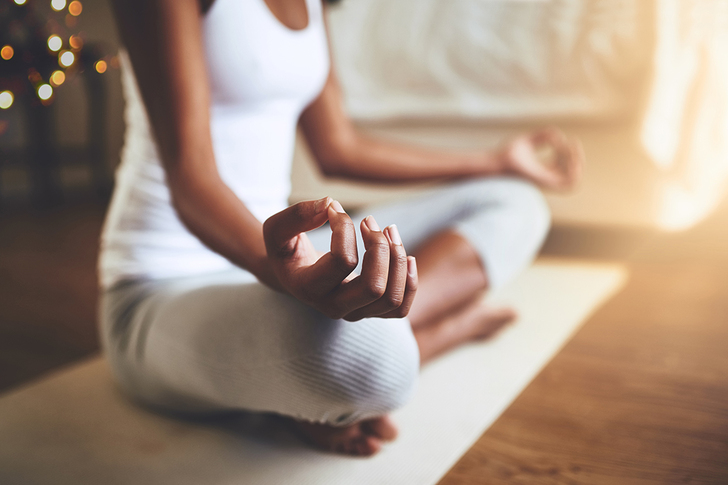
Mindfulness meditation is a practice that involves paying full attention to the present moment without judgment. It encourages awareness of thoughts, feelings, and sensations as they arise, helping individuals develop a greater sense of clarity and calm. Regular mindfulness meditation has been shown to reduce stress, anxiety, and depression while enhancing emotional regulation and resilience. It can improve focus, memory, and cognitive flexibility, making it a valuable tool for mental health. Mindfulness can be practiced through seated meditation, mindful walking, or even during daily activities by focusing on the present experience. The simplicity and adaptability of mindfulness meditation make it accessible to people of all ages and backgrounds. Incorporating mindfulness into daily life can lead to lasting improvements in mental well-being and overall quality of life.
0
Do you agree? 0% of people agree with your point of view!
3Loving-Kindness Meditation
0 votes
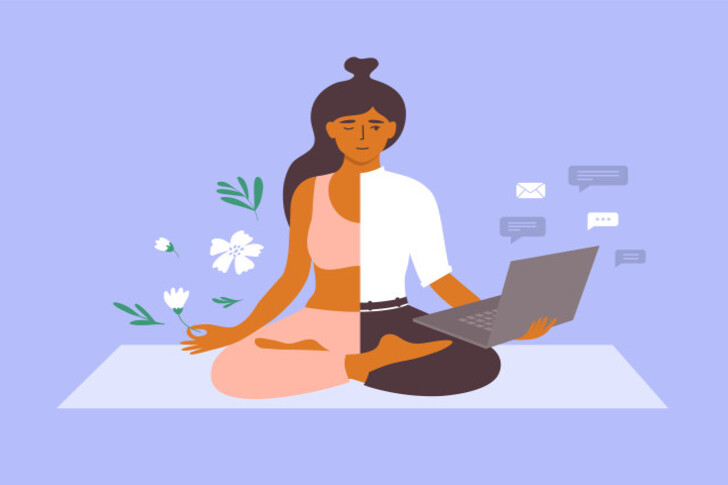

Loving-kindness meditation, also known as Metta meditation, involves focusing on developing feelings of compassion, love, and kindness towards oneself and others. This practice begins with sending loving-kindness to oneself, then gradually extending it to loved ones, acquaintances, and even those with whom one has difficulties. Research has shown that loving-kindness meditation can increase positive emotions, reduce negative emotions, and enhance overall emotional well-being. It can also improve social connections, increase empathy, and reduce symptoms of anxiety and depression. The practice typically involves repeating phrases such as “May I be happy, may I be healthy, may I be safe,” and then extending these wishes to others. Loving-kindness meditation can be a powerful tool for fostering emotional resilience and creating a sense of interconnectedness and compassion.
0
Do you agree? 0% of people agree with your point of view!
4Guided Imagery
0 votes

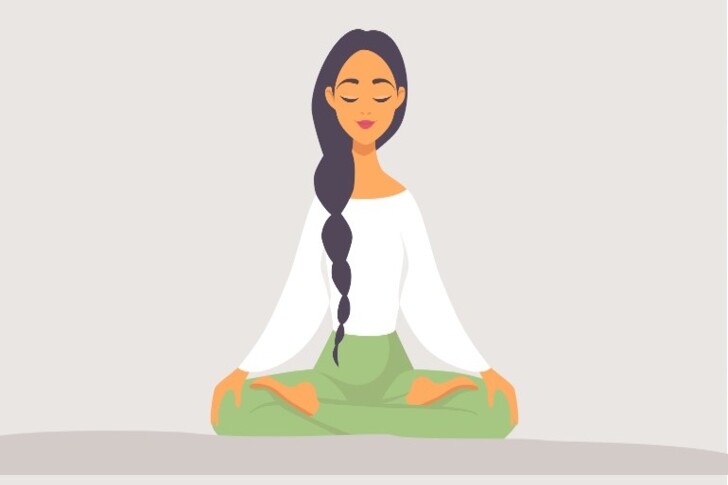
Guided imagery is a relaxation technique that involves visualizing calming and peaceful images to promote mental and emotional well-being. This practice can be led by a therapist or done independently using recordings. Guided imagery helps reduce stress, anxiety, and depression by creating a mental escape and encouraging positive thinking. It can also enhance physical health by reducing pain, improving sleep, and boosting the immune system. The process involves finding a quiet place, closing your eyes, and imagining a serene scene, such as a beach, forest, or any place where you feel safe and relaxed. Guided imagery can be particularly beneficial for individuals dealing with trauma or chronic illness, as it provides a mental respite from physical and emotional pain. Regular practice can improve mood, enhance relaxation, and foster a sense of peace and well-being.
0
Do you agree? 0% of people agree with your point of view!
5Body Scan Meditation
0 votes
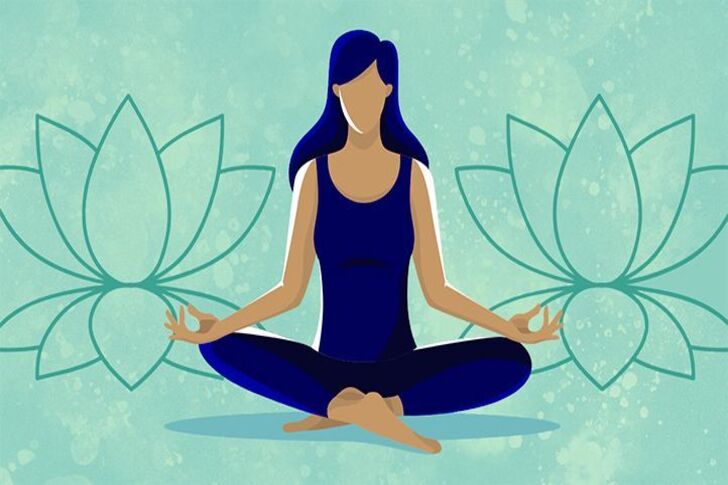

Body scan meditation is a mindfulness practice that involves paying attention to different parts of the body in a systematic way. This practice helps individuals develop greater awareness of bodily sensations, reduce tension, and promote relaxation. During a body scan, one typically lies down and mentally scans the body from head to toe, noticing any sensations, areas of tension, or discomfort. This practice can help release physical and emotional stress, improve sleep, and enhance overall well-being. Research suggests that body scan meditation can reduce symptoms of chronic pain, anxiety, and depression by promoting a deeper connection between the mind and body. Regular practice can lead to increased body awareness, improved stress management, and a greater sense of peace and relaxation.
0
Do you agree? 0% of people agree with your point of view!
6Transcendental Meditation
0 votes


Transcendental Meditation (TM) is a form of silent, mantra-based meditation that aims to transcend ordinary thought and experience a state of pure awareness. Practitioners use a specific mantra, silently repeated, to settle the mind and achieve deep relaxation and inner peace. TM is typically practiced for 20 minutes twice daily, and research has shown it can reduce stress, lower blood pressure, and enhance overall mental and physical health. It promotes deep rest and recovery, reduces cortisol levels, and improves emotional stability. Unlike other forms of meditation, TM does not require focused concentration or contemplation, making it easy to learn and practice. The benefits of Transcendental Meditation can be profound, contributing to greater creativity, energy, and inner tranquility.
0
Do you agree? 0% of people agree with your point of view!







Recent Comments